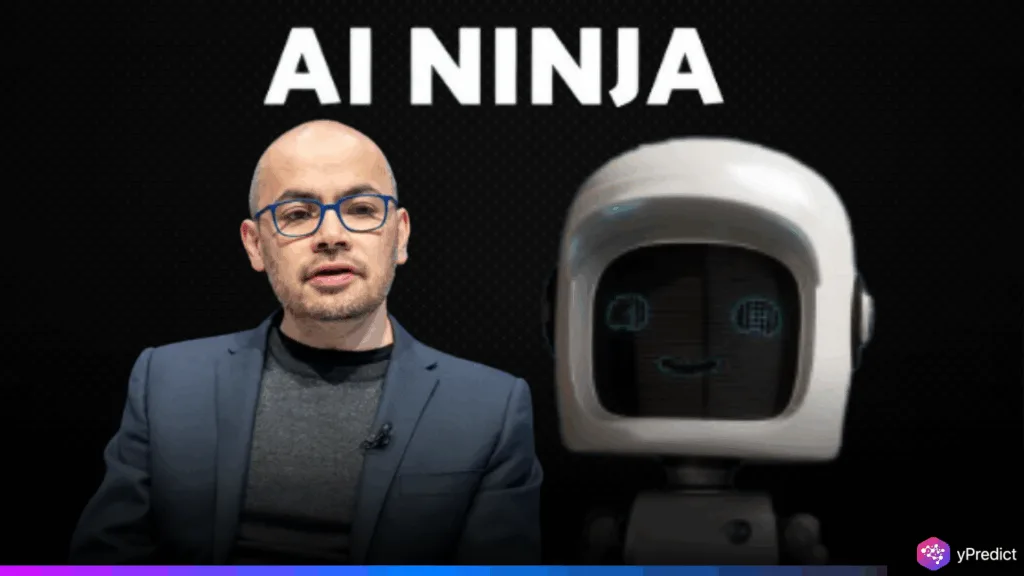
Teens should dive into AI now to avoid being left behind, according to Demis Hassabis, DeepMind CEO. Speaking on the Hard Fork podcast, Hassabis urged students to embrace AI as the defining technology of their generation. He compared it to how millennials grew up with the internet and Gen Z with smartphones. He said understanding AI, coding, and STEM skills will be critical for the future workforce, as jobs are disrupted and replaced with newer, more valuable ones. His message: learn fast, stay curious, and become fluent with today’s cutting-edge AI tools.
AI Mastery Is the New Must-Have Skillset
As AI reshapes work and life, DeepMind CEO Hassabis believes teens must develop AI literacy. He predicts that within the next 5 to 10 years, major shifts in job markets will occur. Some roles will vanish, but others, “more interesting, more valuable ones”, will take their place. Those with AI fluency will be positioned to lead. Hassabis also stresses that students shouldn’t skip foundational education. While learning to prompt chatbots and build AI projects is useful, skills like coding, math, and critical thinking remain essential. He recommends learning how to learn and staying adaptive in an ever-changing tech landscape.
AI leaders across the industry echo DeepMind CEO Hassabis’s advice. Microsoft’s AI CEO, Mustafa Suleyman, urges teens to experiment with AI and understand its limits. Meanwhile, Rice University and other institutions are expanding AI degree programs. But Hassabis emphasizes it’s not just about formal education; students need to immerse themselves now and develop what he calls “meta skills,” like resilience and creativity. To thrive in the coming AI era, teens must evolve from casual users to confident builders. For Hassabis, this means becoming “ninjas” with today’s tools, agile, informed, and ready to shape the future.
AGI Ambitions and a Shifting Future
DeepMind CEO Hassabis isn’t just talking about present tools; he’s aiming at artificial general intelligence (AGI). This is the next frontier: AI that thinks and reasons like a human. Speaking at Google I/O, Hassabis said DeepMind is less than a decade away from achieving AGI. That makes understanding current AI even more vital for students. He sees AGI as inevitable and believes it will reshape nearly every sector. Still, he emphasized the need for balance, using technology wisely without abandoning human values and skills. AI, in his view, should empower creativity, adaptability, and lifelong learning.
He’s not alone in his urgency. The rapid evolution of tools like ChatGPT and Gemini has shown how fast change can arrive. AI’s pace leaves little room for hesitation. Hassabis encourages students to get curious, experiment with AI tools, and build comfort with emerging platforms. Being AI-savvy won’t just be a resume boost; it’ll be a survival skill. Hassabis envisions a world where those who understand and shape AI will lead. Those who don’t risk falling behind in a world increasingly run by machines. From DeepMind’s labs to classrooms worldwide, the call is clear: embrace AI early, and you won’t just adapt; you’ll thrive.
STEM Skills Still Matter in the AI Era
While AI tools evolve quickly, Hassabis says students shouldn’t skip the basics. Core STEM skills, especially coding, math, and problem-solving, remain key to understanding how AI works under the hood. These disciplines build mental muscle that AI alone can’t replicate. More than just technical know-how, Hassabis highlights the importance of “meta skills” like creativity, adaptability, and resilience. These traits help individuals adjust as technology changes and new challenges emerge. As he told students at Cambridge, “learn how to learn”, because that’s the skill that will matter most. His message to Gen Alpha: the future belongs to the prepared.






